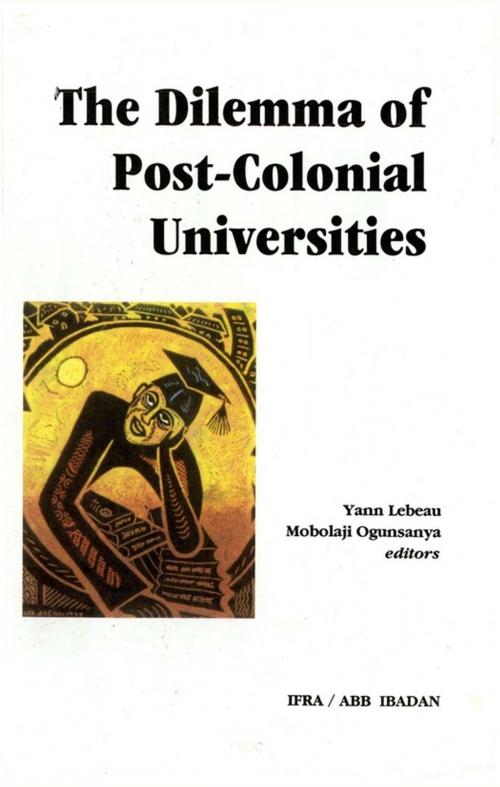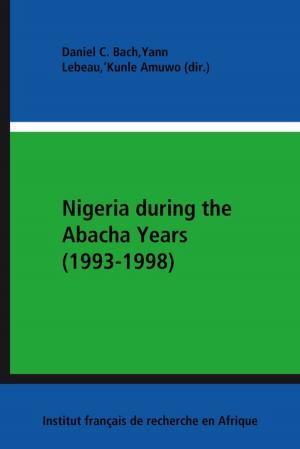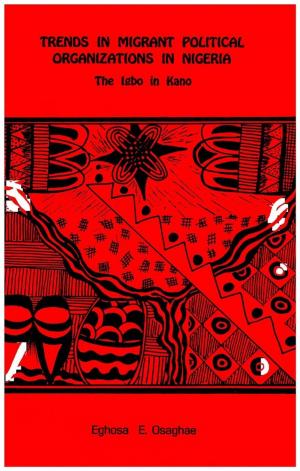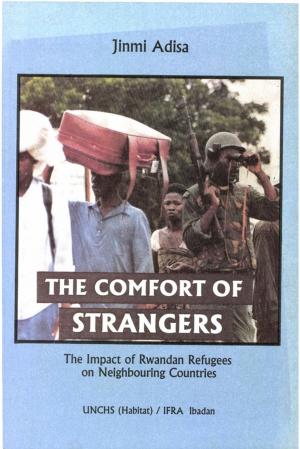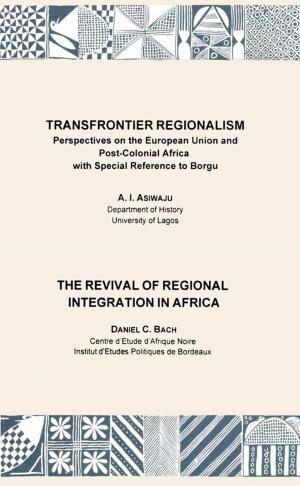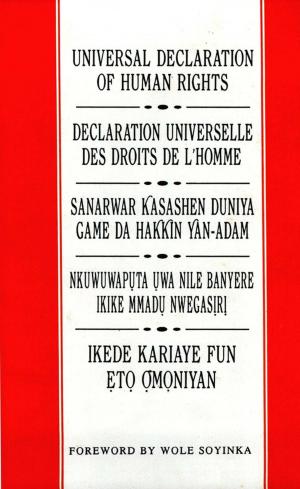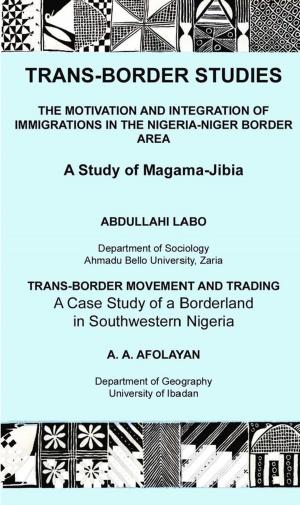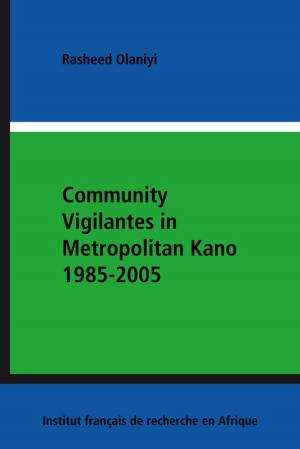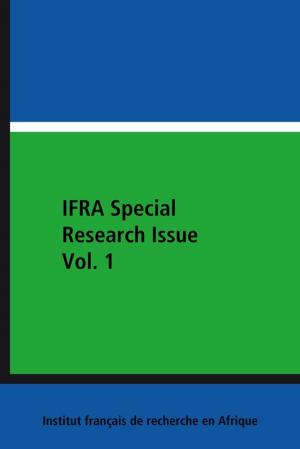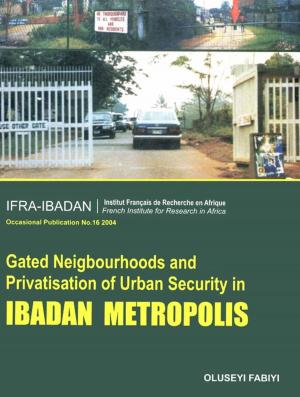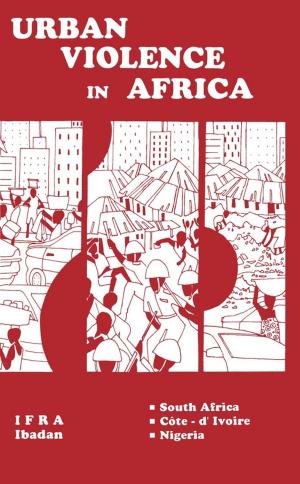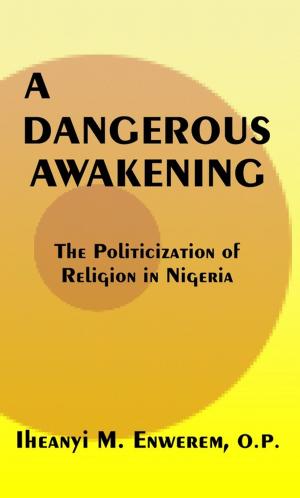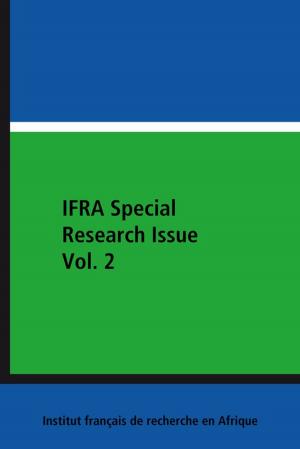The Dilemma of Post-Colonial Universities
Elite Formation and the Restructuring of Higher Education in sub-Saharian Africa
Nonfiction, Social & Cultural Studies, Political Science| Author: | Collectif | ISBN: | 9791092312171 |
| Publisher: | IFRA-Nigeria | Publication: | January 16, 2015 |
| Imprint: | IFRA-Nigeria | Language: | English |
| Author: | Collectif |
| ISBN: | 9791092312171 |
| Publisher: | IFRA-Nigeria |
| Publication: | January 16, 2015 |
| Imprint: | IFRA-Nigeria |
| Language: | English |
The papers in this volume were presented at a conference organized by the Institut Français de Recherche en Afrique (IFRA) at the University of Ibadan on the 26th and 27th of October 1998, as part of the 50 anniversary celebrations of the University. This conference brought together scholars from anglophone and francophone countries who have been collaborating on a research programme which is concerned with elite formation and the restructuring of higher education in sub-Saharan Africa. The project was originally conceived in 1996 by IFRA and the Centre d'Etude d'Afrique Noire (Bordeaux, France). Nigeria, with more than 50 per cent of the continent's university student population and 40 universities, constitutes the major thrust of the study; nevertheless the reports on Kenya, Senegal and Niger are equally informative and demonstrate that survival strategies and student unrest and 'cults' are not exclusive to Nigeria.
The papers in this volume were presented at a conference organized by the Institut Français de Recherche en Afrique (IFRA) at the University of Ibadan on the 26th and 27th of October 1998, as part of the 50 anniversary celebrations of the University. This conference brought together scholars from anglophone and francophone countries who have been collaborating on a research programme which is concerned with elite formation and the restructuring of higher education in sub-Saharan Africa. The project was originally conceived in 1996 by IFRA and the Centre d'Etude d'Afrique Noire (Bordeaux, France). Nigeria, with more than 50 per cent of the continent's university student population and 40 universities, constitutes the major thrust of the study; nevertheless the reports on Kenya, Senegal and Niger are equally informative and demonstrate that survival strategies and student unrest and 'cults' are not exclusive to Nigeria.
